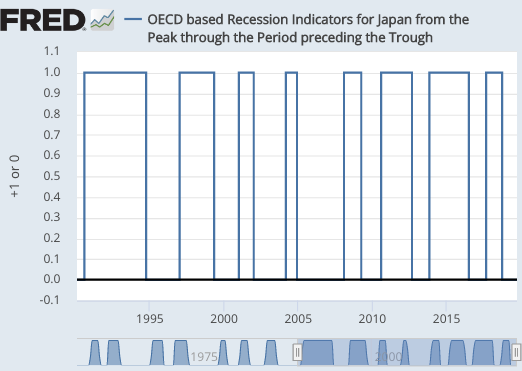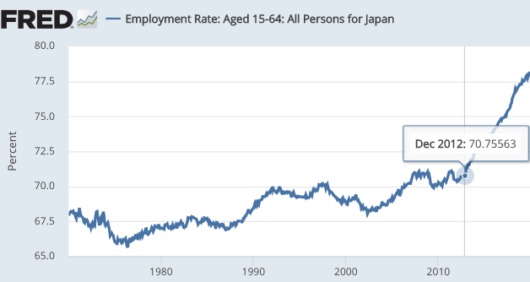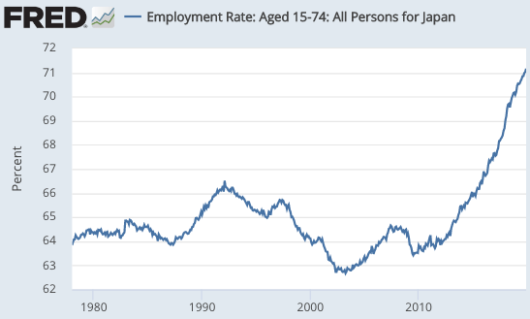Alex Tabarrok has a new post entitled:
Is the world fortunate that the coronavirus hit China first?
I probably agree with Alex as much or more than any other blogger, but here I’d like to argue the opposite hypothesis. My argument will be based on four factors:
1. China is one of the few countries in the temperate region of the world with a big population and no free speech, which inhibits its ability to become aware of a viral outbreak in a timely fashion.
2. In regions that did become aware of coronavirus in a timely fashion, the disease spread has been far less severe than in Hubei.
3. China is developed and populous enough that many of its people travel all over the world. That’s not true of many poor countries.
4. The virus is widely believed to thrive on cold dry air and quickly fade away in warm humid weather. Thus it might have been less of a problem in a tropical country.
Here’s the data we have so far. (Later I’ll discuss its possible inaccuracy):
1. The disease is mostly confined to Hubei province, where it is very widespread (nearly 50,000 reported cases, and many unreported. There are over 1300 confirmed deaths, almost all in Hubei.
2. Most of the other cases (about 20%?) are in other Chinese provinces, but there are only a few dozen deaths.
3. There are two overseas deaths, three if you include Hong Kong.
4. The most important point is this. As the disease spreads all over the world, the share of cases outside Hubei has remained low, and is actually falling over time. That’s odd.
Just yesterday, there was a big revision in the Chinese data, so there is reason to question its accuracy. But the puzzling data within China (i.e. an increasing share within Hubei) is mirrored by the international data. Obviously the Chinese government is not faking the international data!
Here’s the elephant in the room. The fact that the coronavirus has been controlled reasonably well in areas outside of Hubei suggests that if the Chinese government had immediately done the things that foreign governments and non-Hubei Chinese governments have been doing, the outbreak on Hubei would be just as mild as it’s been elsewhere. They didn’t do those things because their repressive political climate caused the central government to be unaware of the severity of the problem. Local doctors knew, but were ignored. It was an obvious “unforced error’ by the Chinese government, ultimately caused by their lack of freedom.
Maybe I’m missing something, but I don’t see why my claim here is even controversial. China was probably the single worst country for the coronavirus outbreak to occur. (Other viruses may be different.)
PS. Off topic, consider this:
Mr Tribe said there was still hope that the federal judiciary could remain a check on Mr Trump’s power, and a crucial test would be whether the judge in the case against Mr Stone approved the reduced sentence. “As long as the courts are not wholly subservient we have not plunged completely into the darkness of a banana republic,” he said.
Well at least Trump doesn’t get to pick the judges. Oh wait . . .




